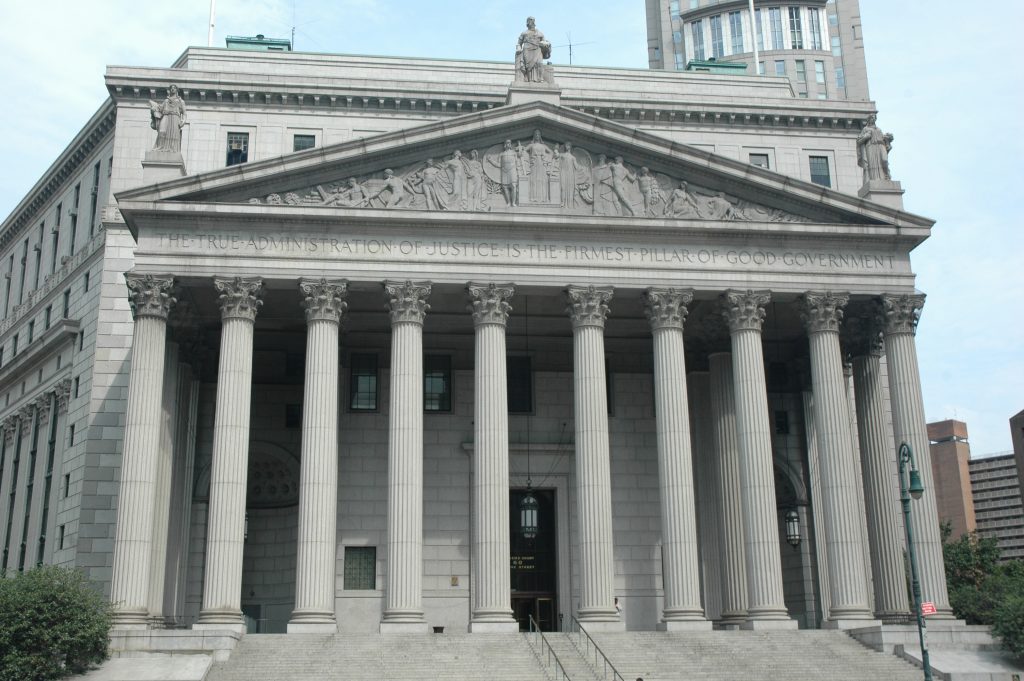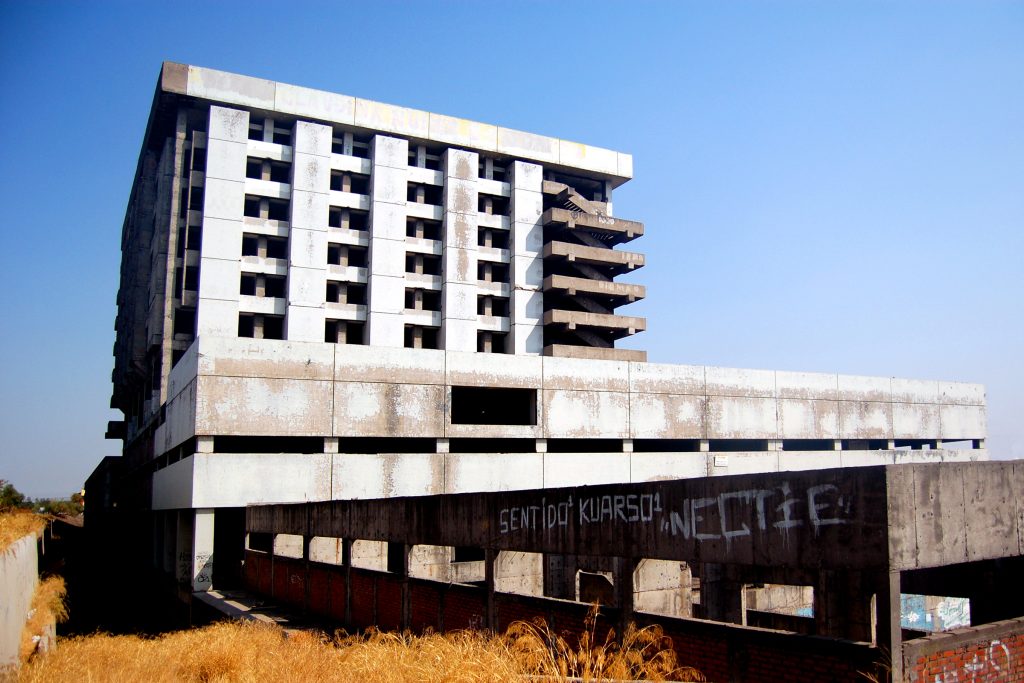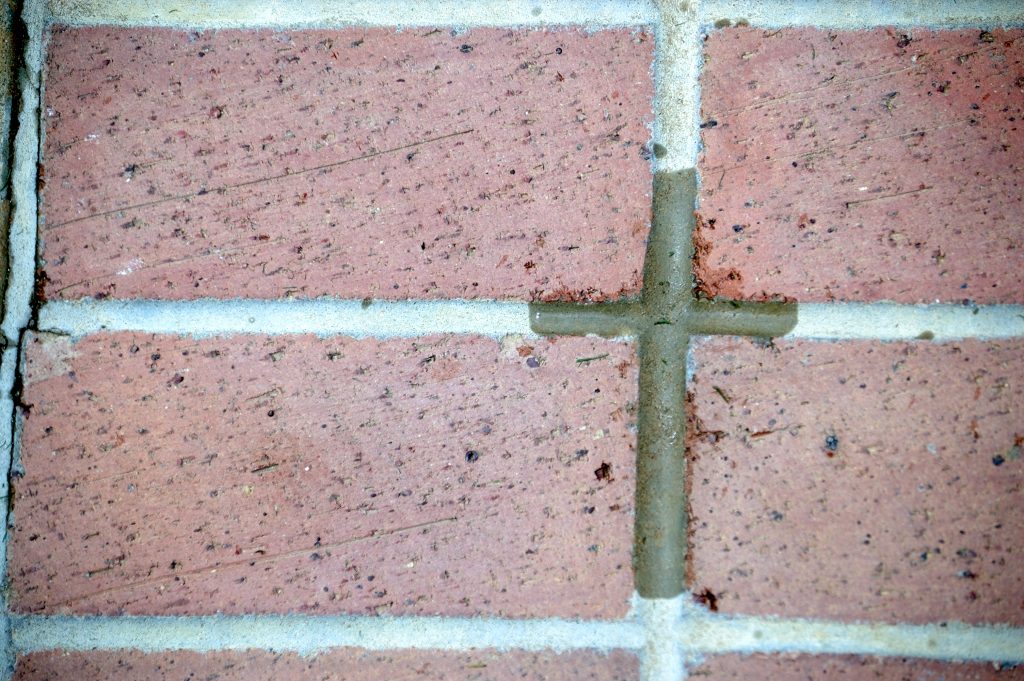 Car accidents have become so commonplace in our society that many states require automobile and accident insurance. If and when you find yourself in the unfortunate situation of being in a car accident, you expect the party at fault to foot the bill. That’s where insurance steps in. As insurance claims are one of the most litigated issues nationwide, the interpretation of insurance laws is not always so clear. The following case examines two specific issues that ultimately needed to be settled in the highest court in Louisiana.
Car accidents have become so commonplace in our society that many states require automobile and accident insurance. If and when you find yourself in the unfortunate situation of being in a car accident, you expect the party at fault to foot the bill. That’s where insurance steps in. As insurance claims are one of the most litigated issues nationwide, the interpretation of insurance laws is not always so clear. The following case examines two specific issues that ultimately needed to be settled in the highest court in Louisiana.
In 2005, Danny Kelly and Henry Thomas were driving in opposite directions when Mr. Thomas turned left, crashing into Mr. Kelly. Mr. Kelly suffered injuries that put him in the hospital for nearly a week. Shortly after the accident, Mr. Kelly’s attorney contacted Mr. Thomas’s insurance company, State Farm, requesting payment. The letter included copies of Mr. Kelly’s medical bills, totaling $26,803.17. State Farm did not respond to the letter nor did the company inform Mr. Thomas of the amount of Mr. Kelly’s medical bills. After rejecting an offer from State Farm, Mr. Kelly filed a lawsuit against Mr. Thomas. Mr. Thomas was found to be at fault for the accident and the Trial Court entered a judgment against Mr. Thomas for $176,464.07. Mr. Thomas’s policy limit was only $25,000. Mr. Thomas and Mr. Kelly soon entered into an agreement where Mr. Kelly would receive Mr. Thomas’s right to file a lawsuit against State Farm in exchange for Mr. Kelly’s promise not to go after Mr. Thomas’s assets. Mr. Kelly filed a lawsuit against State Farm because Mr. Kelly thought State Farm acted in bad faith by failing to notify Mr. Thomas of Mr. Kelly’s initial letter containing the total amount of medical bills as well as for failing to respond to the request to pay those bills.
The parties spent years in litigation. Much confusion revolved around the proper interpretation of La. R.S. 22:1973. Eventually, the case made its way up to the Louisiana Supreme Court to determine whether State Farm could be found liable for a bad-faith failure-to-settle claim under Louisiana law when the insurer never received a firm settlement offer. In other words, must an insurer receive a firm settlement offer to be found liable under the statute? The statute requires the insurer to affirmatively adjust claims fairly and promptly and to make a reasonable effort to settle claims with the insured or the claimant or both. Secondly, the Louisiana Supreme Court was asked to determine whether an insurer can be found liable for misrepresenting or failing to disclose facts not related to policy coverage.
 Louisiana Personal Injury Lawyer Blog
Louisiana Personal Injury Lawyer Blog


 The average person experiences a great deal of emotion after a serious injury. The injured person is rushed to the hospital and places a great deal of faith in doctors to treat and diagnose injuries. Sometimes a medical professional fails to accurately diagnose a patient’s injuries, which can lead to a potential lawsuit against the doctor, hospital, or usually both.
The average person experiences a great deal of emotion after a serious injury. The injured person is rushed to the hospital and places a great deal of faith in doctors to treat and diagnose injuries. Sometimes a medical professional fails to accurately diagnose a patient’s injuries, which can lead to a potential lawsuit against the doctor, hospital, or usually both. Lest anyone think college is all about classrooms and books, many universities today offer a panoply of extra curricular amenities for students to enjoy. One of the main attractions is student recreation centers. At Louisiana State University (LSU), the University Student Recreation Center (UREC) is a place where students can go with friends and guests to exercise and participate in recreational activities such as indoor rock wall climbing.
Lest anyone think college is all about classrooms and books, many universities today offer a panoply of extra curricular amenities for students to enjoy. One of the main attractions is student recreation centers. At Louisiana State University (LSU), the University Student Recreation Center (UREC) is a place where students can go with friends and guests to exercise and participate in recreational activities such as indoor rock wall climbing. Facts are one of the foundations of a successful lawsuit. In an effort to thwart a plaintiff’s chance at relief, a defendant may file an exception of no cause of action in response to a plaintiff’s complaint. An exception of no cause of action alleges that the plaintiff’s lawsuit has no legal validity, and therefore, the plaintiff has no claim. The following case out of Orleans Parish illustrates such an objection and the importance of facts, especially when those facts validate a claim that could be barred by immunity.
Facts are one of the foundations of a successful lawsuit. In an effort to thwart a plaintiff’s chance at relief, a defendant may file an exception of no cause of action in response to a plaintiff’s complaint. An exception of no cause of action alleges that the plaintiff’s lawsuit has no legal validity, and therefore, the plaintiff has no claim. The following case out of Orleans Parish illustrates such an objection and the importance of facts, especially when those facts validate a claim that could be barred by immunity. Discrimination has always been a controversial topic in America and especially salient in the workplace context. The following case arises out of a situation where an employee felt that she was discriminated against based on her race and disability. She sued in federal court based on federal and state discrimination laws.
Discrimination has always been a controversial topic in America and especially salient in the workplace context. The following case arises out of a situation where an employee felt that she was discriminated against based on her race and disability. She sued in federal court based on federal and state discrimination laws. Law enforcement agencies throughout the country have been under intense scrutiny over the past few years because of controversial policies and procedures. However, one agency in Louisiana, the Sheriff’s Office of St. John the Baptist Parish, faced another type of scrutiny surrounding the termination of a high-ranking official. The termination resulted in a lawsuit based on federal and state law.
Law enforcement agencies throughout the country have been under intense scrutiny over the past few years because of controversial policies and procedures. However, one agency in Louisiana, the Sheriff’s Office of St. John the Baptist Parish, faced another type of scrutiny surrounding the termination of a high-ranking official. The termination resulted in a lawsuit based on federal and state law. In Louisiana, the law allows a person to seek financial compensation against another person who has caused his or her injuries or failed to prevent the injuries if such a duty existed. A person has a responsibility not to harm others by their actions or with things in their possession. A Louisiana landlord has a special duty to his or her tenants to provide a safe building and will be held responsible if a tenant is injured as a result of the Landlord’s failure to repair a defect in the building that he or she knew about or should have known about. The following case illustrates some of these issues.
In Louisiana, the law allows a person to seek financial compensation against another person who has caused his or her injuries or failed to prevent the injuries if such a duty existed. A person has a responsibility not to harm others by their actions or with things in their possession. A Louisiana landlord has a special duty to his or her tenants to provide a safe building and will be held responsible if a tenant is injured as a result of the Landlord’s failure to repair a defect in the building that he or she knew about or should have known about. The following case illustrates some of these issues. When the government takes privately owned property to be used for the benefit of the public, it is called an expropriation. Federal and state law prohibit the government from taking private property without compensating the owner. The Louisiana Constitution provides that property shall not be taken or damaged by the State except for a public purpose and with just compensation paid to the owner of the private property. A landowner whose property is expropriated by the State is to be compensated so that he remains in the equivalent financial position he enjoyed before the taking. The following case provides a concrete example of such a situation.
When the government takes privately owned property to be used for the benefit of the public, it is called an expropriation. Federal and state law prohibit the government from taking private property without compensating the owner. The Louisiana Constitution provides that property shall not be taken or damaged by the State except for a public purpose and with just compensation paid to the owner of the private property. A landowner whose property is expropriated by the State is to be compensated so that he remains in the equivalent financial position he enjoyed before the taking. The following case provides a concrete example of such a situation. When someone with a family and a business suddenly dies, sensitive estate issues arise and can often become complicated, especially if the decedent was in the midst of strained business negotiations or when the death was the result of a suicide. In these situations, it’s essential for surviving family members to hire a good attorney in order to keep a stressful situation from deteriorating further. The following case illustrates such a situation.
When someone with a family and a business suddenly dies, sensitive estate issues arise and can often become complicated, especially if the decedent was in the midst of strained business negotiations or when the death was the result of a suicide. In these situations, it’s essential for surviving family members to hire a good attorney in order to keep a stressful situation from deteriorating further. The following case illustrates such a situation. Each year, thousands of people suffer from slip and fall accidents. From a legal perspective, it can be difficult to determine who, if anyone, is at fault. For example, in some slip and fall cases, a property owner can be held liable for the other party’s injuries. Property owners owe a duty of care to persons who use their premises. Owners are expected to keep the grounds in a reasonably safe condition.
Each year, thousands of people suffer from slip and fall accidents. From a legal perspective, it can be difficult to determine who, if anyone, is at fault. For example, in some slip and fall cases, a property owner can be held liable for the other party’s injuries. Property owners owe a duty of care to persons who use their premises. Owners are expected to keep the grounds in a reasonably safe condition.